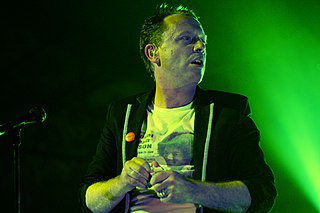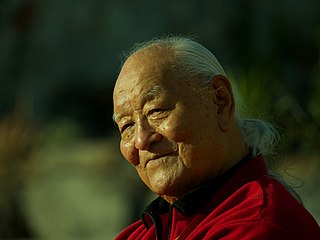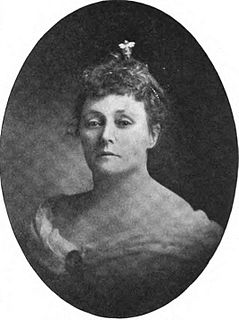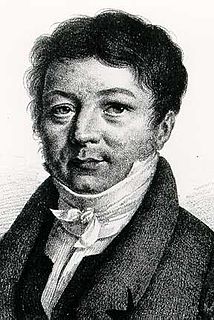A Quote by Niels Bohr
Our task is not to penetrate the essence of things, the meaning of which we do not know anyway, but rather to develop concepts which allow us to talk in a productive way about phenomena in nature
Related Quotes
In physics we deal with states of affairs much simpler than those of psychology and yet we again and again learn that our task is not to investigate the essence of things-we do not at all know what this would mean&mash;but to develop those concepts that allow us to speak with each other about the events of nature in a fruitful manner.
One of the goals of scientific theorising is to develop concepts which are adequate to the phenomena under study. In my view, things should work the same way in epistemology. We want to know what knowledge actually amounts to, not what our folk concept of knowledge is, since, just as with our pretheoretical concept of acidity, it might contain all sorts of misunderstandings and leave out all manner of important things.
There do exist enquiring minds, which long for the truth of the heart, seek it, strive to solve the problems set by life, try to penetrate to the essence of things and phenomena and to penetrate into themselves. If a man reasons and thinks soundly, no matter which path he follows in solving these problems, he must inevitably arrive back at himself, and begin with the solution of the problem of what he is himself and what his place is in the world around him.
But mark, madam, we live amongst riddles and mysteries--the most obvious things, which come in our way, have dark sides, which thequickest sight cannot penetrate into; and even the clearest and most exalted understandings amongst us find ourselves puzzled and at a loss in almost every cranny of nature's works.
Prayer is not a way to get what we want to happen, like the remote control that comes with the television set. I think that prayer may be less about asking for the things we are attached to than it is about relinquishing our attachments in some way. It can take us beyond fear, which is an attachment, and beyond hope, which is another form of attachment. It can help us remember the nature of the world and the nature of life, not on an intellectual level but in a deep and experiential way. When we pray, we don't change the world, we change ourselves. We change our consciousness.
When I talk about the God who is with us, for us, and ahead of us, I'm talking about our facing that which most terrifies us about ourselves, embracing it and fearing it no longer, refusing to allow it to exist separate from the rest of our being, resting assured that we are loved and we belong and we are going to be just fine.
Knowledge, in so far as it is directed to practical matters, has only to enumerate the principal possible attitudes of the thing towards us, as well as our best possible attitude towards it. Therein lies the ordinary function of ready-made concepts, those stations with which we mark out the path of becoming. But to seek to penetrate with them into the inmost nature of things, is to apply to the mobility of the real a method created in order to give stationary points of observation on it.
Duality is the real root of our suffering and of all our conflicts. All our concepts and beliefs, no matter how profound they may seem, are like nets which trap us in dualism. When we discover our limits we have to try to overcome them, untying ourselves from whatever type of religious, political, or social conviction may contain us. We have to abandon such concepts as 'enlightenment', 'the nature of the mind', and so on, until we no longer neglect to integrate our knowledge with our actual existence.
The answer to our cry which God gave in Jesus infinitely transcends our expectations, achieving a solidarity which cannot be human alone, but divine. Only the God who is love, and the love which is God, could choose to save us in this way, which is certainly the lengthiest way, yet the way which respects the truth about him and about us: the way of reconciliation, dialogue and cooperation.
I know that certain minds would regard as audacious the idea of relating the laws which preside over the play of our organs to those laws which govern inanimate bodies; but, although novel, this truth is none the less incontestable. To hold that the phenomena of life are entirely distinct from the general phenomena of nature is to commit a grave error, it is to oppose the continued progress of science.



































